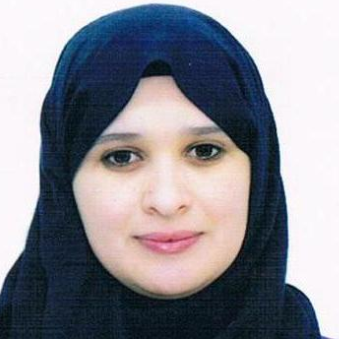
Benafia Sara
Work place: ENAF of Batna, Algeria
E-mail: mouradasma23@gmail.com
Website:
Research Interests: Computational Science and Engineering, Computational Engineering, Computer systems and computational processes, Computational Learning Theory, Data Structures and Algorithms, Engineering
Biography
Sara Benafia obtained her Master's degree 2 in Computer Science from the University of Biskra. She is a group leader at with responsibility for consulting services, managed services where she has worked since 2010.
Main Works: She has a great interest in software development, analysis and design. She already has experience in this area through her professional experiences and her internships during its university studies. The main interests are machine learning, Specifications for web applications, Semantic Web Service and Web engineering techniques.
Author Articles
Handwritten Character Recognition on Focused on the Segmentation of Character Prototypes in Small Strips
By Ali Benafia Smaine Mazouzi Benafia Sara
DOI: https://doi.org/10.5815/ijisa.2017.12.04, Pub. Date: 8 Dec. 2017
The automatic recognition of handwriting is a particularly complex operation. Until now, there is no algorithm able to recognize handwriting without that; there are assumptions to take in advance to facilitate the task of the process. A handwritten text can contain letters lowercase, uppercase letters, characters sticks and digits. Therefore, it is capital to know extract and separate all these different units in order to process them with specific algorithms to their class handwriting.
In this paper, we present a system for unconstrained handwritten text recognition, which allows to achieve this operation thanks to an intelligent segmentation based on an iterative cutting in a multi-script environment.
The results obtained from the experimental protocol reach an "equal error rate" (EER) neighboring to 6%. These calculations were calculated with a relatively small base; however this same rate can be decreased with great bases. Our results are extremely encouraging for the simple reason that our approach is situated in a more general context unlike other approaches which define several non-rigid assumptions; this clearly makes the problem simpler and may make it trivial.
Other Articles
Subscribe to receive issue release notifications and newsletters from MECS Press journals